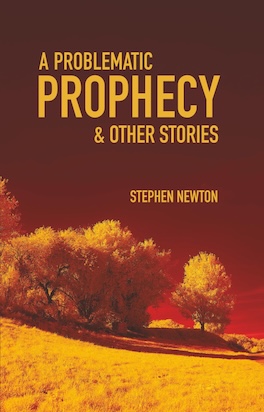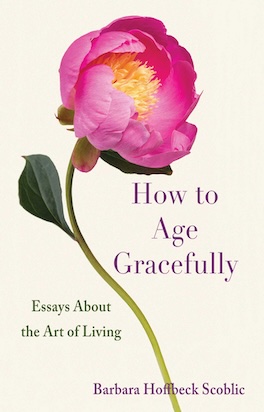Darktown by Thomas Mullen does not pull punches. It is a tour de force with no apologies. Thomas Mullen does not bend historical accuracy to create heroes or villains who fall outside the purview of historical accuracy. Do not look for idealism in Mullen’s writing—you won’t find it. In the late 1940’s, Atlanta appointed its first eight black police officers. They were not allowed to patrol white hoods. They were not allowed to go to the main (white) police station. They were headquartered in the basement of a dingy YMCA. They covered the segregated, black neighborhoods on the outskirts of the ATL.
Lynchings were yet to be a thing of the past. So, when Lucius Boggs and Tommy Smith, two of Atlanta’s black finest, try unsuccessfully to arrest an older white man traveling with a young black woman, both officers know they are crossing into unchartered, and dangerous, territory. When the same young woman shows up dead a few days later, Boggs and Smith blame themselves for her death and decide they will stop at nothing to find her murderer. In 1949, all of Darktown’s white police force are racists cops, but not all racist cops are unethical and morally corrupt. A few of them, like rookie Officer Denny Rakestraw, have a moral line they will not cross. When Rakestraw realizes his partner somehow may be tied up with the young woman’s death, he finds himself in the untenable position of helping his black colleagues or allowing his white counterparts to get away with murder. I spent much of my time reading this book getting angry, and then angrier.
I waited awhile to write this review, trying to digest what I’d read in Darktown. Then, a white employee at a Starbucks in Philadelphia called the police to report two black men who would not leave. In fact, the men were waiting for a business associate. One of the men had been going to the Starbucks for years. Would this woman have called the police if the two men had been white? South Asian? Indian? Mexican? Armenian? I could go on. After the Starbucks incident, I was able to pinpoint what was bothering me. You can’t read Darktown and think, “Whew, thank God our country has moved beyond that time period. It’s an historical novel. That stuff doesn’t happen anymore. We’ve come so far. That racism of 1949 Atlanta is a thing of the past.” Not so fast. In the end, all you have to do is think, “They’re different,” and, well, you just engaged in racist thinking.
I am a white male in my forties who grew up in a city in Pennsylvania with liberal professors for parents. I have all the advantages the United States can offer an individual: my whiteness provides that for me. I’ve had no trouble getting credit over the years. My first home purchase was a piece of cake. I’ve had run-ins with the police and gotten off more than once with a simple warning. We have three children, two of them boys. When our boys are old enough to go out on their own, I won’t need to warn them, “Be careful if you run into the police. Keep your hands out of your pockets where they are visible. Be polite. Don’t mouth off. Do what they tell you. If you go into a store, buy something. Don’t wear a hoody. If you get pulled over, keep your hands on the steering wheel.”
Since the Starbucks incident, I’ve had two friends, both black, call me. One friend asked me, “What is it you white people say to each other when there are no blacks around? Why are you so afraid?” The question did not offend me, I understood what he was getting at. But I was unable to give him a satisfactory answer. This friend is six-foot-four inches, black and gay. He’s lived all over the place and he told me that he has encountered more racism in San Francisco where he currently resides than anywhere else in the country. My other friend said, “The problem with our country isn’t the openly racist people. At least with them, I know where I stand. It’s all the liberal white bastions throughout the country that claim equality of skin, but actually harbor an unconscious racism.” And that, folks, is at the crux of all this: unconscious racism is far more dark and sinister.
Since the 1949 Darktown Atlanta era, our laws have come a long way. The genius of the Constitution coupled with a democratically progressive country has created the legal leg room for a more egalitarian society on the surface. We have made progress—Barack Obama was not a fluke. Congress and the Supreme Court can change laws overnight. But they can’t change attitudes held for decades, for centuries. The legacy of slavery, the subconscious teachings, emotions, and attitudes still run through much of our country. How long will it take to change mindsets? Darktown isn’t that long ago. We have a lot of work to do.





